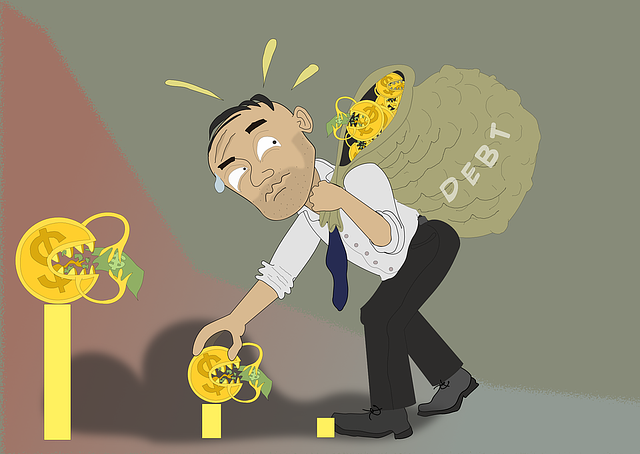Unfortunately waving a wand will not help you to cut down your spending. Instead, here are some practical tips that you may start with!
#1: THE 30-DAY RULE
When you spot a tempting item from the mall, wait until 30 days before purchasing it. Write it down on a list of pending items. When a month has passed, cross out the items that you are willing to skip on. The only exceptions to this rule are groceries and other fixed expenses.
#2: WORKING HARD IS NOT AN EXCUSE
How many times have you purchased an item that you “deserve”? Yes! You may be using your hard-earned money to enjoy finer things in life. However, hard work should not be an excuse to spend. Income does not automatically increase as your workload expands! Your budget must outweigh your work stress.
#3: PLASTIC IS NOT FANTASTIC
Leaving your credit cards at home is one of the easiest ways to stop spending. Equip yourself with the amount of cash that you are willing to spend in a grocery store or a shopping centre. You can only bring your card with you if you are planning to pay off an item through an installment plan.

Image Credits: pixabay.com
Leaving these plastics behind will help you avoid the temptation of impulse purchases.
#4: SETTING SHORT-TERM FINANCIAL GOALS
As you alter your spending habits, setting realistic short-term financial goals is a great way to stay motivated. Having these goals will remind you of the reasons why you are making several sacrifices at the moment. It is important to be specific when it comes to thse goals as it will be easier to aim for. Instead of saying that you want to decrease your coffee budget, you may say that you will “decrease your monthly coffee costs from S$200 to S$100”.
#5: THE OPPORTUNITY COST
Lastly, re-frame your thoughts by looking at the brighter side of your goals. The technical term for this is opportunity cost. Opportunity cost is defined as “the loss of potential gain from other alternatives when one alternative is chosen.”

Image Credits: pixabay.com
Saving money and cutting back will give you an opportunity to reach your goals!














